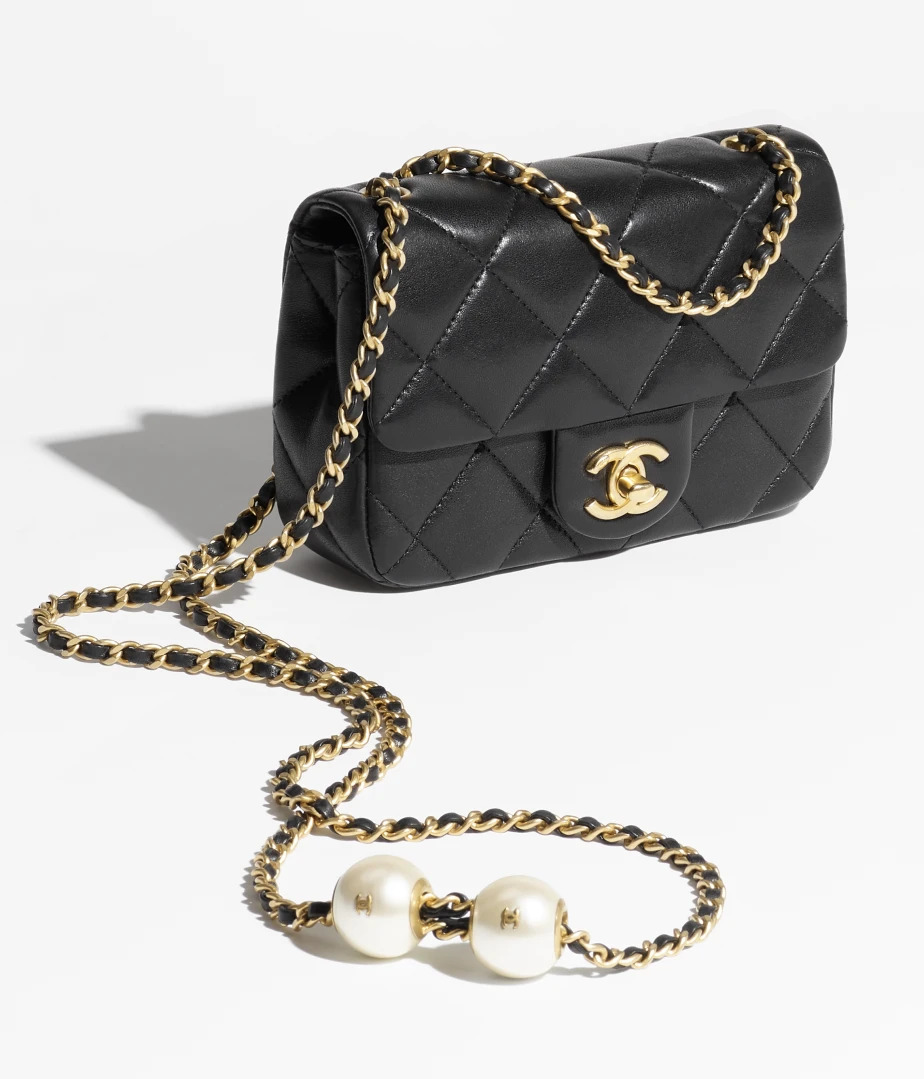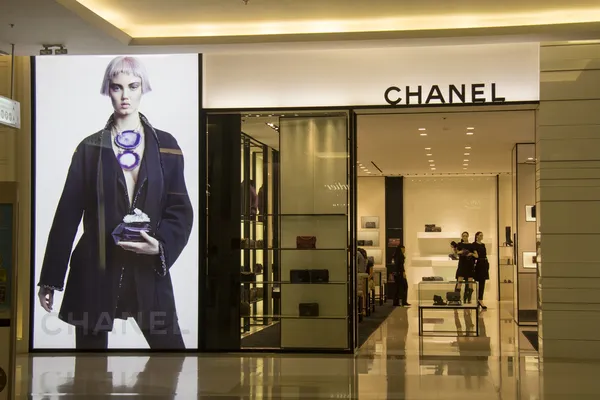Chanel’s renowned medium flap bag has experienced a recent price hike, surpassing the €10,000 mark for the very first time. Leena Nair, CEO of Chanel, has defended the brand’s premium pricing approach to Bloomberg, citing inflation alongside the utilisation of superior materials and meticulous craftsmanship.

Nair emphasised that Chanel’s dedication to quality justifies the need for price adjustments to align with industry norms. Despite the ongoing debate over the escalating prices of its iconic handbags, currently priced at €10,300 compared to €9,700 a year ago, historical data from Business of Preloved Fashion’s price barometer reveals that the bag was priced at a modest $6,500 in 2020.
A Chanel spokesperson informed Bloomberg in March that the brand prices its bags based on their cost. They stated, ‘The price of raw materials and production costs has experienced consistent inflation over the past year, necessitating adjustments to our prices in boutiques.’ The spokesperson further clarified that this increase, with an average adjustment rate of 6% in euros, would be implemented across all markets starting from March 27, 2024. They emphasised that this decision aims to ensure fairness for all Chanel clients.”
Price Prestige: Navigating the Dynamics of Luxury Brand Pricing
Luxury brands frequently demonstrate significant pricing influence, leveraging an image of exclusivity and prestige. This allure draws in affluent clientele who are willing to invest in products symbolising both status and refinement at premium price points.

Additionally, luxury brands make substantial investments in branding, marketing, and narrative-building, forging emotional bonds with their customer base and amplifying perceived value. Moreover, they place a premium on quality, craftsmanship, and distinctive design, delivering exceptional products that substantiate their elevated price tags.
However, given that the average monthly salary in France falls within the range of €3,000 to €3,500 gross, obtaining a luxury item like a Chanel bag remains feasible only for a privileged minority.
In conclusion, while luxury brands like Chanel command significant pricing power and offer products of exceptional quality and prestige, the accessibility of such items remains limited to a select segment of society. As debates over luxury pricing continue, it’s clear that these brands play a complex role in the broader landscape of consumer culture and economic dynamics.


